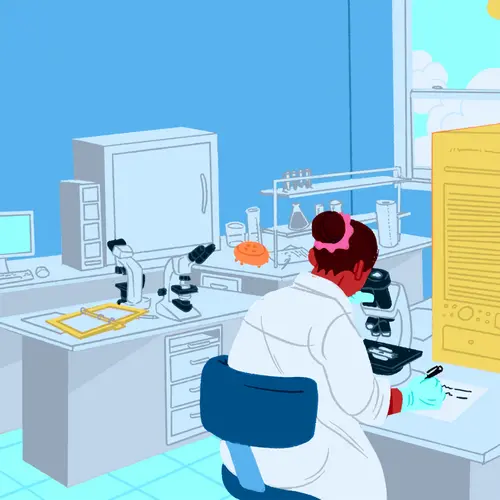Nasal polyps can be bothersome. Some people have headaches or lose their sense of smell. Others don't feel them at all. But they're usually not a sign of anything serious.
What Are Nasal Polyps?
These soft pieces of swollen tissue hang like grapes on a vine. They grow inside your sinuses or nasal cavity, the area behind your nose.
Nasal polyps are often linked to other conditions. These conditions cause inflammation, which triggers nasal polyps to grow. They can include:
- Asthma
- Hay fever
- Ongoing sinus infections
- Cystic fibrosis
- Churg-Strauss syndrome (inflammation of the blood vessels)
Are They Cancerous?
Nasal polyps are usually benign, which means they're not cancer. Your doctor will do an exam or certain tests to be sure. You might get:
Nasal endoscopy. This is when the doctor puts a long, flexible tube into your nose. It has a light on the end that shows them your nasal cavity.
CT scan. This is an X-ray that shows the inside of your body.
MRI. This also shows the inside of your body, but it's more detailed.
Allergy tests. These can tell your doctor what's causing inflammation.
Biopsy. Your doctor takes a sample of the polyp to see if it's cancer. But that's rare.
Treatment
It depends on how big your nasal polyps are. You might not feel anything if they're small. If they're causing problems, treatment may include:
- Prescription medications to ease inflammation
- Steroid nasal sprays to help shrink your polyps
- Rinsing your sinuses with saltwater
- Antihistamines
- Allergen immunotherapy to make you less allergic to whatever's causing inflammation
If these don't work, your doctor might suggest surgery to get rid of the polyps. You'll likely keep taking medicine after surgery to help keep new polyps from growing.

